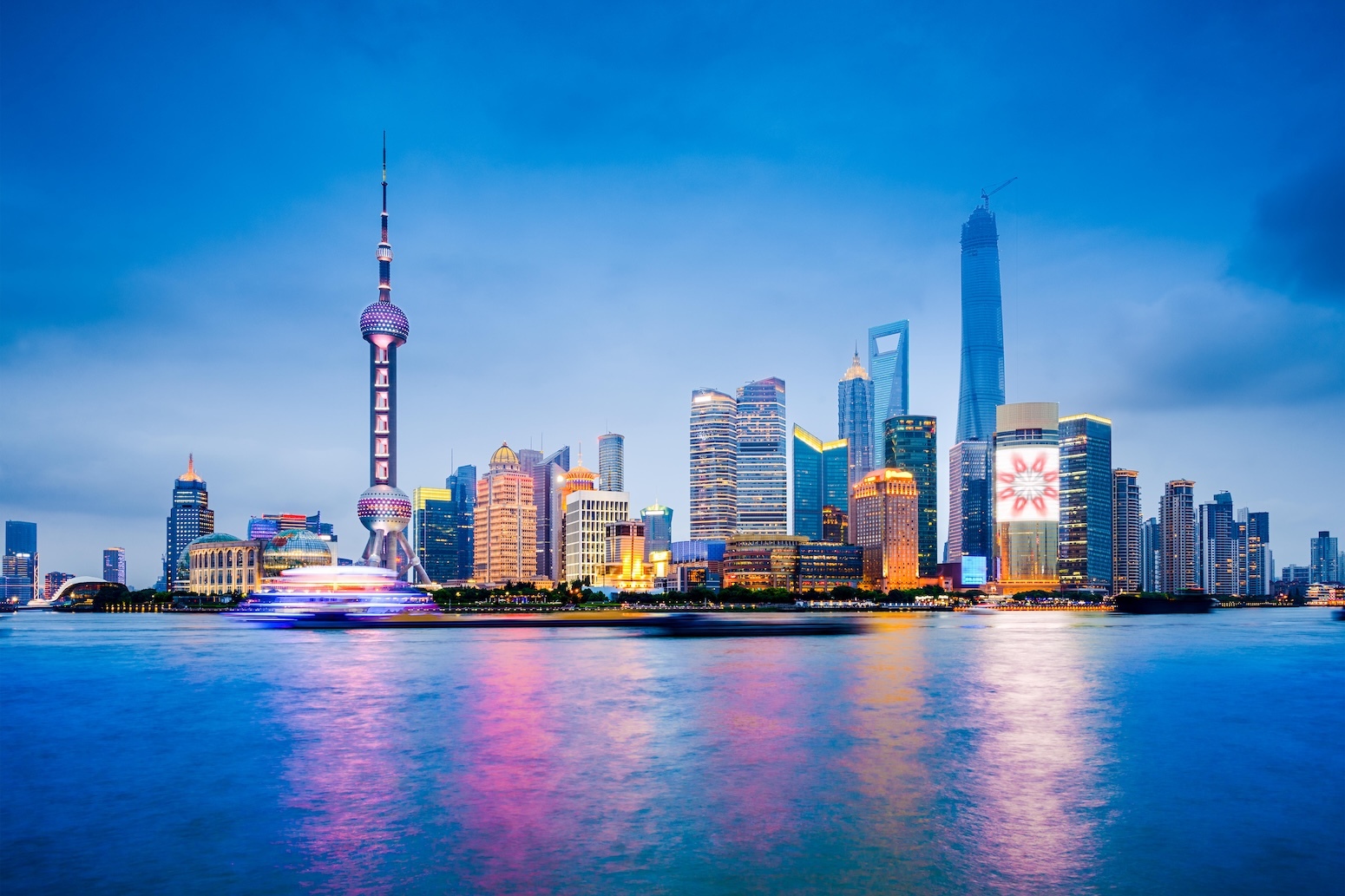- cross-posted to:
- [email protected]
- cross-posted to:
- [email protected]
cross-posted from: https://feddit.org/post/4928706
While developed countries have used the majority of this budget, the analysis shows that China’s historical emissions reached 312GtCO2 in 2023, overtaking the EU’s 303GtCO2.
China is still far behind the 532GtCO2 emitted by the US, however, according to the analysis.
The findings by Carbonbrief come amid fraught negotiations at COP29 in Baku, Azerbaijan, where negotiators have been invoking the “principle of historical responsibility” in their discussions over who should pay money towards a new goal for climate finance – and how much.
[…]
Historical CO2 emissions matter for climate change, because there is a finite “carbon budget” that can be released into the atmosphere before a given level of global warming is breached.
For example, in order to limit warming to 1.5C above pre-industrial levels, only around 2,800GtCO2 can be added to the atmosphere, counting all emissions since the pre-industrial period. (This is according to a 2023 study updating figures from the Intergovernmental Panel on Climate Change.)
Cumulative emissions since 1850 will reach 2,607CO2 by the end of 2024, according to Carbon Brief’s new analysis, meaning that some 94% of the 1.5C budget will have been used up.
[…]
but if Europe would produce locally everything they constantly order off Amazon, the figures would look less pretty, wouldn’t they.
edit: typo
It’s not just Amazon, it’s also Temu, Shein, and the Chinese shops in that context as the article suggests. The numbers would be a bit different if there would be more transparency in supply chains and we could assign emissions -also- where they are consumed and not ‘only’ where they are produced. But this needed more transparency how and where these products are produced.
Sure, if you want to put the responsibility on consumer’s shoulders.
And if you take governmental and industrial responsibility into account, than it matters which country PRODUCES the carbon emissions. I‘m not sure, if customers ever can force Temu or Shein to force their producers to use carbon friendly processes. But the government of China can!
In a nutshell: It’s the same distracting argument as the individual carbon footprint. It’s not customers responsibility but the producer’s responsibility. The one who „owns“ the process.
This is not what I meant. It is, of course, a matter of production and the political framework for it. What I mean is that -in addition to that- we should have more transparency across supply chains. And China is one of the countries which opposes this transparency.
Ah okay. Sorry. Yes China loves to cheat regulations. Even Chinese people trust in Western products more than from their own country due to the missing transparency.
We don’t exactly need Chinese opposition there as long we have “conservatives” and right-wingers in so many high-powered positions as well as Western corps trying to make money off supply-chain intransparency. No doubt, companies like Shein do have lobbyists too (wtf, Günther?). But they would never be able to stem the tide if e.g. the EU automotive industry supported transparent supply chains.
Usually it’s the drug dealer that goes to jail.
Probably not that different any more. China’s consumption-based per-capita emissions are damn near as high as the EU’s now, and China has three times the capitas



